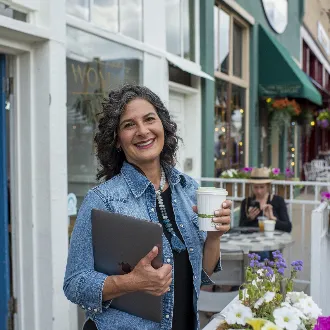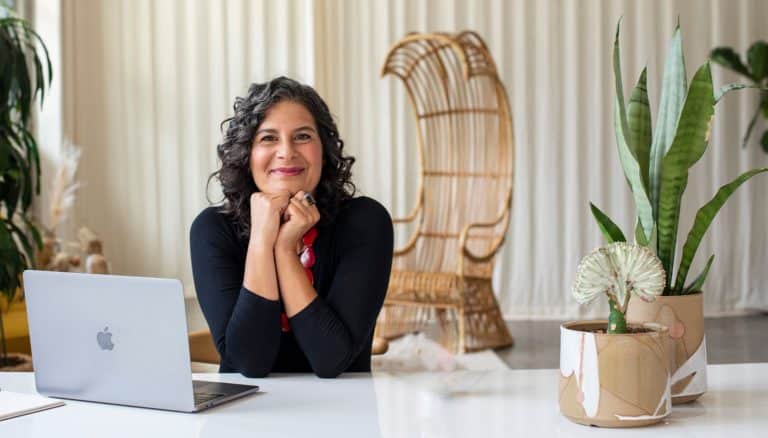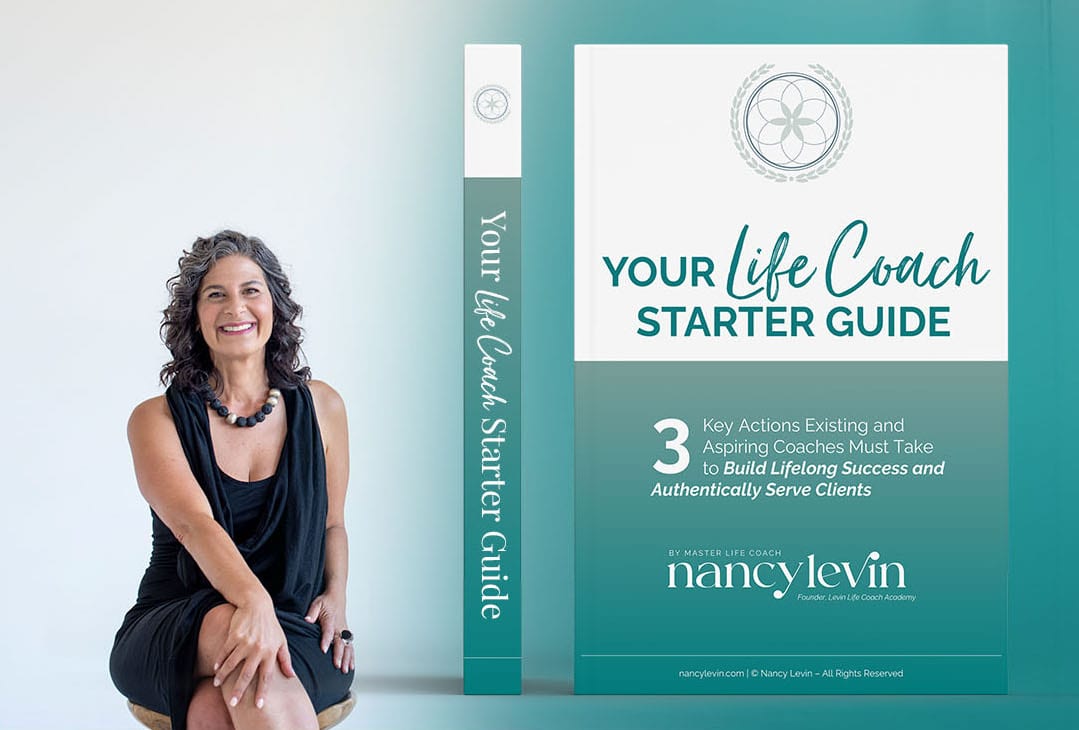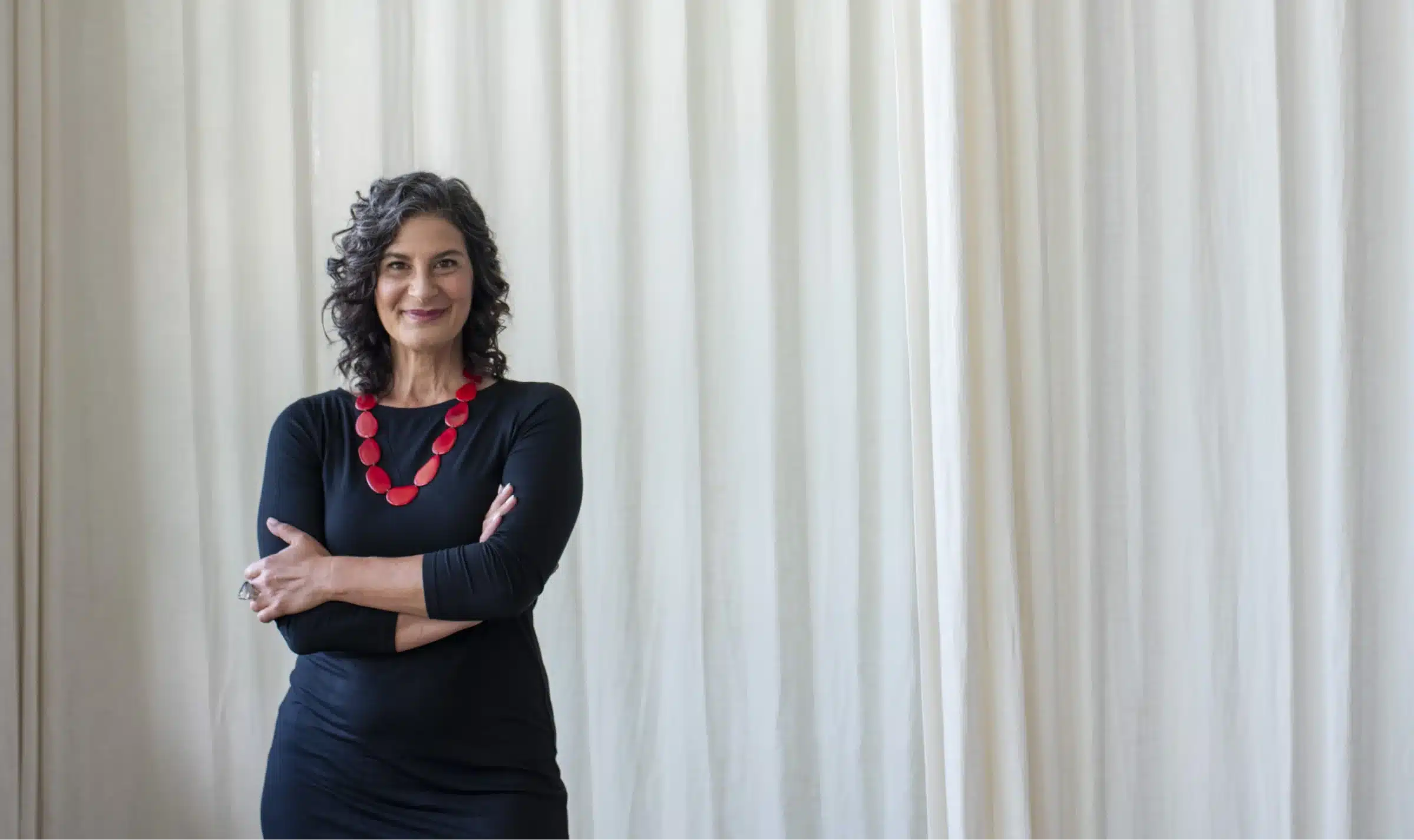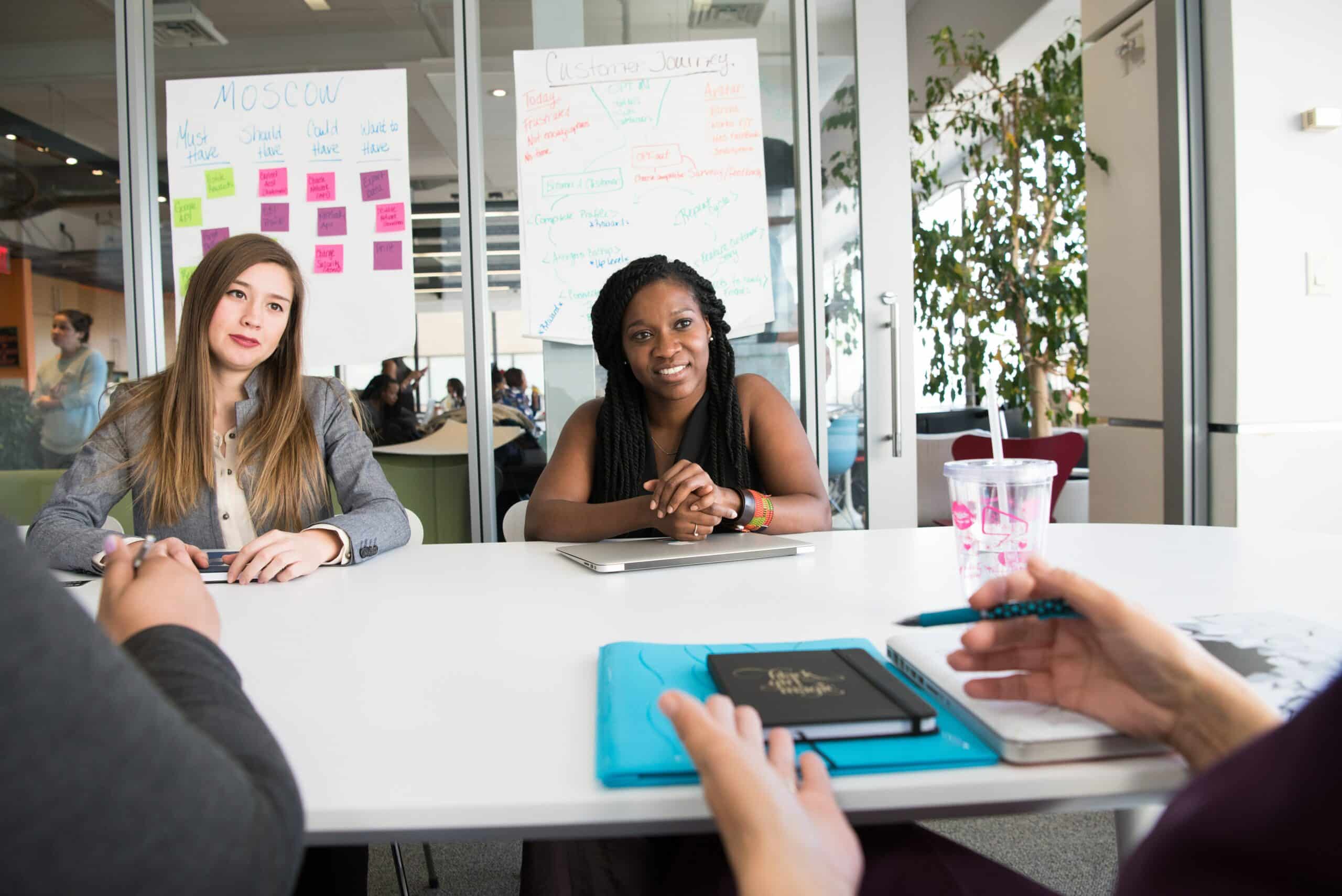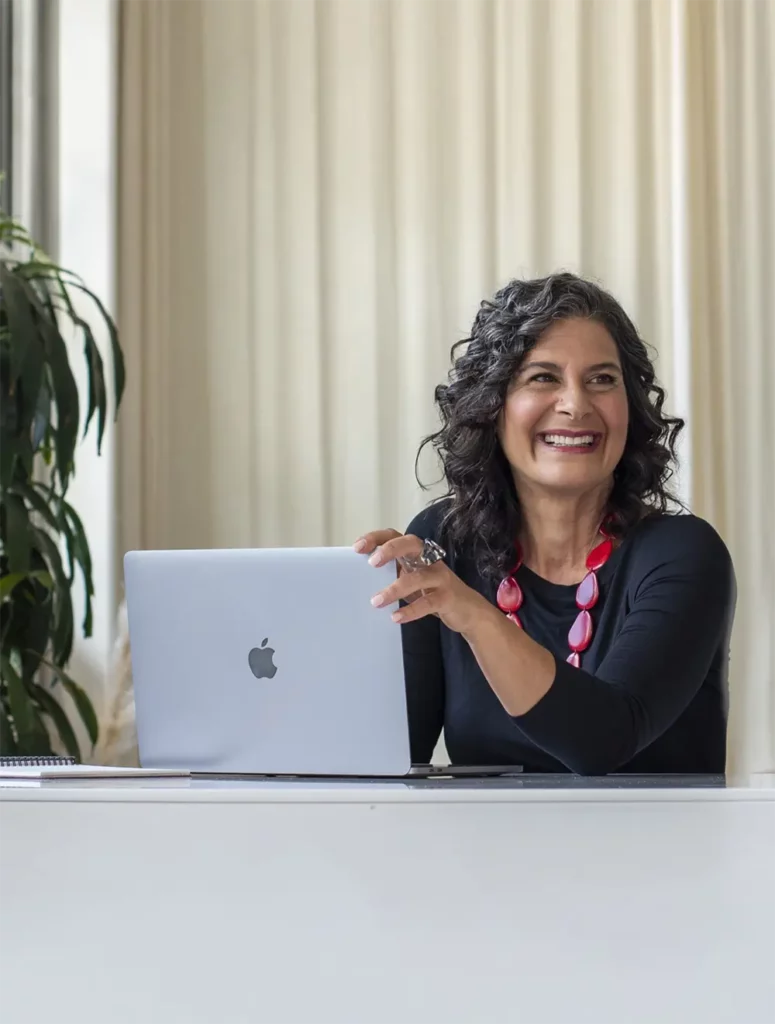Louise Hay, founder of Hay House, motivational author and dear friend, once told me that I deserved an Academy Award for my portrayal as the “perfect wife.”
Together, my husband and I had managed to build a strong façade for the outside world of the perfect couple. I thought everyone must look at our marriage and assume it was picture-perfect, and that was just how I wanted it.
But the truth was that it was anything but perfect.
For years, our marriage really consisted of me trying to be the perfect Superwoman who could fix anything, juggle everything and make sure that his every need was met – without ever letting a single ball drop.
And although I wasn’t truly happy, I couldn’t admit to anyone – including myself – that my relationship was flawed.
Instead, like any good co-dependent, I took on all of his emotions and problems as my own. I became enmeshed in my husband’s drama, my husband’s needs and became fully detached from my own.
Whatever he needed, I jumped.
That is how I believed a relationship should be – it never once occurred to me that perhaps giving and receiving, discussion and collaboration could even be possible.
Toward the end of our marriage, however, I started to wake up. After I discovered that he had read my private journals (the only place I dared express my wants or needs), I felt betrayed and I began to look at my marriage through a different lens.
I started to see I had been in a relationship that was fully dependent on me making him happy and going along with whatever he desired.
And although it was easy to fully blame him for that, once I could recognize the role I had played, I started to shift my life.
I began to explore my wants and needs — and felt free for the first time!
There was so much satisfaction in being able to express my own joy and fulfill my happiness. I became so excited in my new-found independence that I vowed never to be in a relationship again!
In fact, I fully believed that I could happily live on my own and that needing (or even wanting) to be with someone wasn’t in my DNA.
But, in truth, my claim to independence had more to do with the fear that someone else’s needs might swallow me up.
Because I had long been the person who would lose myself in relationships, I was afraid to step into the relationship arena again.
After the experience I had with my ex-husband, I convinced myself that the only way to protect my needs was to stay completely independent.
So, when a new relationship presented itself to me, I fought it with every part of my being. I pushed him away and probably over-exaggerated my boundaries to be sure that I would never relapse and fall back into codependency.
My thinking was very much at the extreme and I couldn’t see what was possible.
But over time – and with a caring partner – a new thought started to emerge: I can still care about another person without “taking on” their emotions or problems.
This doesn’t mean we don’t care about their pain or their needs anymore. It simply teases apart “caring about” and “sacrificing ourselves for.” The former remains, while the latter is released.
That realization began to free me from my fear and help me examine what a healthy relationship might look like.
One where boundaries are set and respected. Where consideration, negotiation and collaboration become the norm. And mutual love and generosity can exist without bargain.
The evolutionary journey to a healthy relationship with another is really a dance of dependence (relying on another), independence (self-reliance), codependence (enmeshed attachment that enables dysfunction), counter-dependence (refusal to attach), and interdependence (mutual reliance).
While no one can maintain it 24/7, interdependence is by far the healthiest way to be.
In an interdependent relationship, you take care of yourself, your partner takes care of himself/herself, and you rely on one another when it feels right to do so.
It isn’t about need, but about mutual—and neutral—reliance on each other. You shift from obligation to desire, so that you do things for each other because you genuinely want to. And for those of us who have been codependent most of our lives, it takes some work to discern the difference.
It also means knowing how to say no and establishing your needs without guilt.
This last one was hard won since each time I wanted to simply be alone or share something I wanted, I could feel my old codependent self signaling danger.
I had to learn what it meant to set boundaries and use clear and thoughtful words to express – and get – what I needed to take care of myself. And while it took practice, the more I did it, the more I began to see that this idea of interdependence is truly possible.
Now, that doesn’t mean that everything is perfect or that it guarantees that everything will be daffodils and roses. But, what it does mean is that you’re able to find a deeper love that doesn’t get muddied up in unhealthy reliance.
For me, interdependence is something that ultimately even feeds my independent self! And it can for you too!
So today – on the eve of Independence Day in the US – I call on all of us to celebrate interdependence. in all of our relationships, as the foundation of our most fulfilling life.
xo
Nancy
P.S. The #1 reason clients tell me they stay in codependent relationships and don’t set boundaries is that they don’t know what to say. So, I’ve created Boundary Badassery, The Pocket Guide, to solve all of that! This is the complete guide to having the tough conversations, and navigating difficult situations, so you can set effective boundaries with ease! And, since you can keep it right on your phone, it’s like having me with you in your pocket! Grab yours today!

